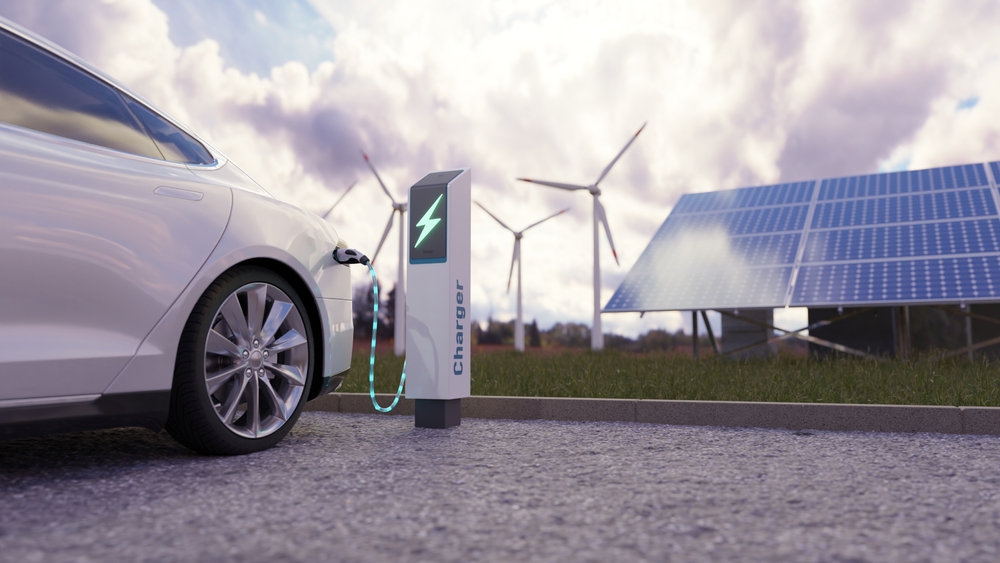Electric Vehicle Charging Stations
Discover networks of electric vehicle charging stations, designed to provide a seamless charging experience for eco-conscious drivers. With accessible and reliable infrastructure, you can power up your electric vehicle quickly and conveniently, reducing your carbon footprint and embracing the future of sustainable transportation.
The era of electric vehicles (EVs) is upon us, heralding significant changes in how we think about transportation, energy, and the environment. The shift from internal combustion engines to electric motors is not only a technological evolution but also a cultural one. However, this transition hinges on the availability and accessibility of EV charging infrastructure, which is vital for maintaining the practicality and convenience of EVs. In this discussion, we delve into the world of EV charging stations, explore how to locate them, examine residential charging options, and review some of the best EV chargers on the market. Moreover, we will touch on the cost implications and highlight special offers, such as the opportunity to save "Up To $50 Off EV Chargers" and the invitation to "Call Today For Free Estimate," ensuring that readers are well-informed about the services available 24/7 to support their EV charging needs.

What are EV Charging Stations?
EV charging stations, also known as electric vehicle supply equipment (EVSE), are the interface through which electric vehicles receive power to recharge their batteries. They come in various forms and capacities, ranging from basic Level 1 chargers, which use a standard 120V household outlet, to faster Level 2 chargers that typically require a 240V outlet similar to that used by large appliances. There are also high-powered Level 3 chargers, often referred to as DC fast chargers, which can provide an 80% charge in as little as 30 minutes for compatible vehicles.
These charging stations are strategically installed in public locations such as shopping centers, parking garages, and dedicated charging parks, as well as workplaces and residential settings. They are equipped with different connector types to cater to the various EV models on the market, ensuring that drivers can find a compatible plug to charge their vehicles.
How to Find EV Charging Stations
Locating EV charging stations is becoming increasingly easier, thanks to a growing number of online resources and mobile applications. Platforms such as PlugShare, ChargePoint, and Open Charge Map provide comprehensive maps and filters to help drivers find nearby charging points, check their availability, and even see pricing and connector compatibility. Many EV navigation systems also integrate charging station data, guiding drivers to the nearest location when it's time to recharge.
For EV owners on the go, planning is key. By using these tools to locate charging stations along their route, drivers can ensure they have access to power wherever their journey takes them. Moreover, with the "Available 24/7" service promise offered by many providers, assistance and support are never more than a phone call away, ensuring peace of mind for EV drivers.
Residential EV Charging Stations
While public EV charging infrastructure is critical for long-distance travel and urban environments, most EV charging actually happens at home. Residential EV charging stations are convenient solutions that allow EV owners to charge their vehicles overnight or whenever they're parked at home.
There are two primary types of residential chargers: Level 1 and Level 2. Level 1 chargers use a standard household outlet, and while they are the most affordable and easiest to install, they also offer the slowest charging speed. Level 2 chargers, on the other hand, require a dedicated 240V circuit but can charge an EV much faster, making them a popular choice for EV owners who require a quicker turnaround.
Investing in a home charging station often necessitates professional installation to ensure safety and compliance with local electrical codes. Many service providers encourage homeowners to "Call Today For Free Estimate," making it easier to understand the installation process and associated costs.
Best EV Chargers
When it comes to selecting the best EV charger for your needs, the market offers a plethora of options. Some of the leading brands include ChargePoint, Tesla, and JuiceBox, each offering a range of features such as WiFi connectivity, smartphone control, and adjustable amperage. Customers should consider the power output, connector compatibility, and whether they prefer a portable or permanent installation when making their choice.
To make the decision more appealing, certain retailers and manufacturers extend promotional offers like "Up To $50 Off EV Chargers," providing a financial incentive to invest in a high-quality charging solution. These discounts can make a significant difference, especially when coupled with potential federal or local tax credits and rebates for EVSE purchases and installations.
Cost
The cost of EV charging stations can vary widely based on the type of charger, the brand, and the installation requirements. A Level 1 charger may cost only a few hundred dollars, while a Level 2 charger can range from $500 to $2,000 before installation. The cost of installation will depend on the complexity of the job and local labor rates but can add several hundred dollars to the total expense.
However, when considering the cost of an EV charging station, it's important to factor in the long-term savings on fuel costs and the potential increase in property value. Moreover, by taking advantage of offers such as "Up To $50 Off EV Chargers," consumers can mitigate some of the initial financial outlay.
The advent of electric vehicles has introduced a new dynamic to the transportation landscape, with EV charging stations playing a pivotal role in supporting this clean energy revolution. From public chargers that facilitate travel to residential chargers that offer the ultimate convenience, the infrastructure is rapidly expanding to meet the needs of a growing number of EV drivers.
As the network of EV charging stations continues to grow, finding and using them will become even easier, further encouraging the adoption of electric vehicles. With competitive costs, valuable offers like "Up To $50 Off EV Chargers," and the promise of "Available 24/7" support, there has never been a better time to embrace the electric future. By calling today for a free estimate, homeowners can take the first step towards a greener, more sustainable mode of transportation that not only reduces their carbon footprint but also offers a glimpse into the future of mobility.










